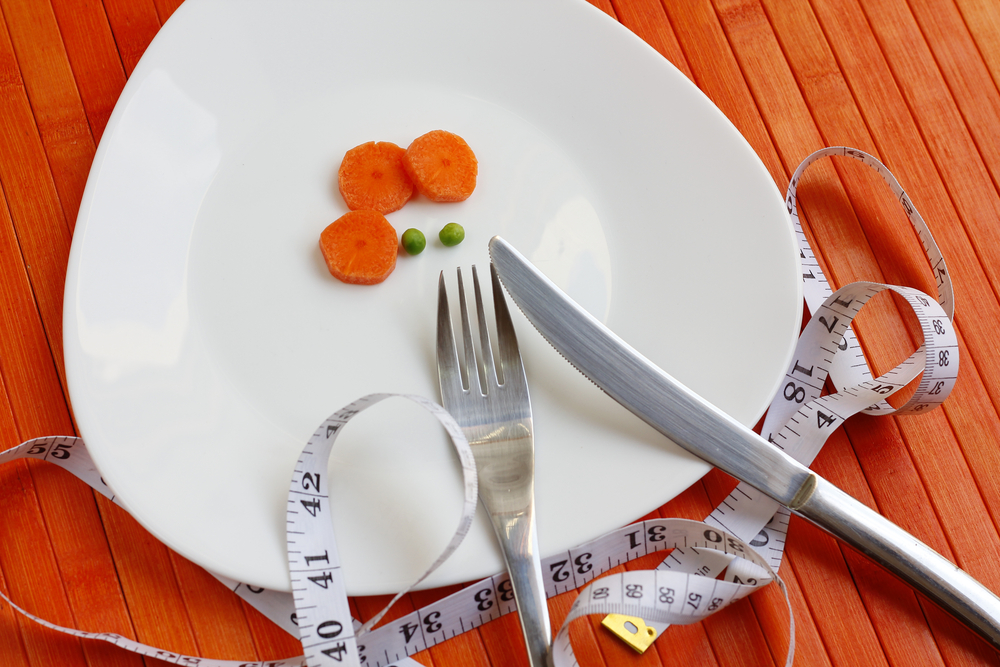Ensure that your weight loss works!
Others are reading now
Many people set out on a diet with good intentions but unknowingly fall into common traps that hinder their progress.
Misinformation, unrealistic expectations, and extreme restrictions often lead to frustration and failure rather than lasting results.
Understanding the most frequent diet mistakes can help create a healthier, more sustainable approach to nutrition.
By focusing on balance, proper portion control, and long-term habits, it’s possible to achieve and maintain a healthy weight without feeling deprived.
Also read
This guide breaks down the most common dieting errors and provides expert-backed strategies to avoid them.
Cutting Too Many Calories Too Quickly

-
Rapid calorie reduction slows metabolism and leads to muscle loss.
-
Extreme diets are unsustainable and often result in binge eating.
-
How to avoid it: Aim for a gradual calorie deficit of 300–500 calories per day for steady weight loss.
Relying on Fad Diets

-
Trendy diets often eliminate essential nutrients, causing deficiencies.
-
Most fad diets promote short-term weight loss but fail long-term.
-
How to avoid it: Focus on a balanced diet with whole foods rather than restrictive trends.
Avoiding Carbs Completely

-
Carbs are essential for brain function and energy.
-
Cutting carbs excessively can lead to fatigue, mood swings, and cravings.
-
How to avoid it: Choose complex carbs like whole grains, legumes, and vegetables instead of refined sugars.
Overeating “Healthy” Foods

-
Nuts, avocados, and smoothies are nutritious but calorie-dense.
-
Overconsumption of healthy foods can still lead to weight gain.
-
How to avoid it: Practice portion control, even with healthy options.
Relying on Low-Fat or Diet Products

-
Many “low-fat” and “diet” products contain added sugar and artificial ingredients.
-
Fat is essential for hormone regulation and nutrient absorption.
-
How to avoid it: Opt for whole, minimally processed foods and healthy fats like olive oil, nuts, and fish.
Not Eating Enough Protein

-
Protein is crucial for muscle maintenance and satiety.
-
Low protein intake can slow metabolism and increase hunger.
-
How to avoid it: Include lean protein sources like eggs, chicken, fish, legumes, and dairy in every meal.
Skipping Meals (Especially Breakfast)

-
Skipping meals can lead to energy crashes and overeating later in the day.
-
Breakfast jumpstarts metabolism and supports cognitive function.
-
How to avoid it: Eat balanced meals with protein, fiber, and healthy fats to sustain energy levels.
Ignoring Hydration

-
Dehydration can be mistaken for hunger, leading to overeating.
-
Water is essential for digestion, metabolism, and overall health.
-
How to avoid it: Drink at least 8 glasses of water daily and more if active.
Lack of Meal Planning

-
Impulse eating leads to unhealthy choices and excess calorie intake.
-
Without planning, people often resort to fast food or processed meals.
-
How to avoid it: Prep meals in advance, keep healthy snacks available, and plan grocery shopping.
Unrealistic Expectations and Quick Fixes

-
Many expect rapid results, leading to frustration and diet abandonment.
-
Sustainable weight loss takes time and consistency.
-
How to avoid it: Set realistic goals, focus on long-term habits, and track progress beyond the scale.


